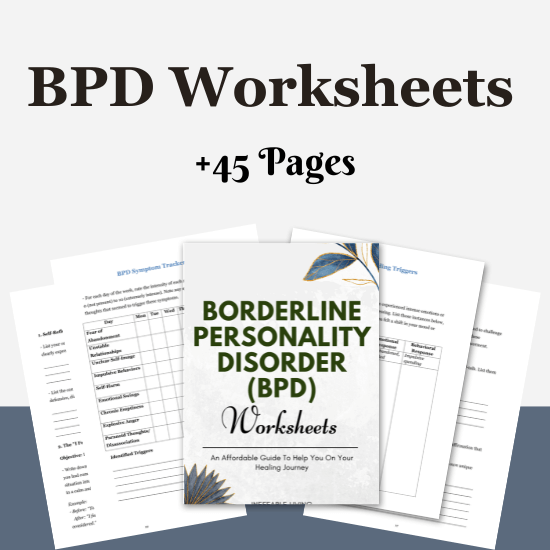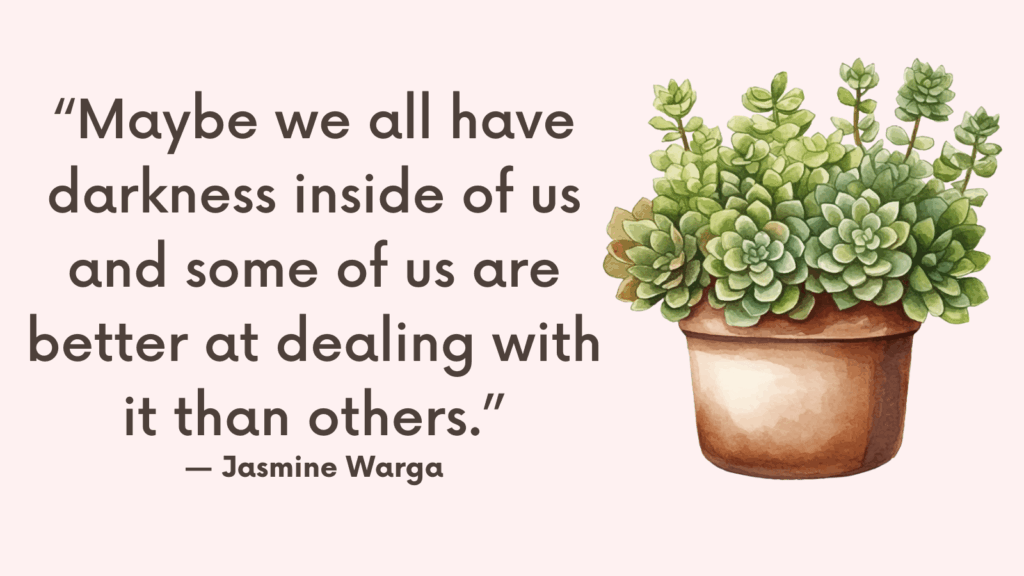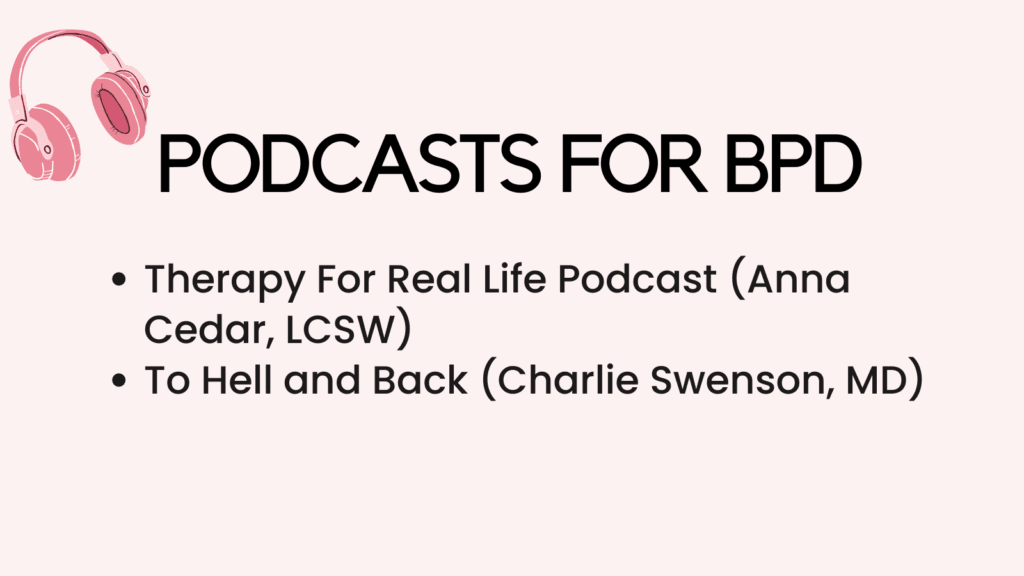To someone with Borderline Personality Disorder (BPD), emotional invalidation doesn’t just sting — it can feel like abandonment, betrayal, or even annihilation. What seems like a simple comment or a rational suggestion can trigger overwhelming pain, shame, and even rage.
If you care about someone with BPD, understanding the impact of invalidation — and learning how to validate without enabling — is one of the most powerful tools you can develop for a healthier relationship.
What Invalidation Feels Like for Someone With BPD
To someone with BPD, invalidation isn’t just a misunderstanding — it often triggers core wounds around worthlessness, abandonment, and not being real or seen.
It can feel like:
- “I’m too much again.”
- “They think I’m crazy.”
- “My pain doesn’t matter.”
- “They’re going to leave me.”
What you thought was a calming comment — “Don’t worry,” “It’s not that bad,” or “You’re overthinking” — might feel to them like: “Your emotions aren’t real. You don’t make sense. You’re broken.”
That’s the intensity of the inner world you’re navigating.
Common Examples of Invalidation
Here are phrases and reactions that may unintentionally invalidate someone with BPD:
- “You’re being dramatic.”
- “Calm down, you’re overreacting.”
- “It’s not a big deal.”
- “You shouldn’t feel that way.”
- Ignoring their feelings to avoid discomfort
- Smiling or laughing nervously when they express something serious
- Offering logic when they need empathy
Even silence, eye rolls, or changing the subject can feel like rejection when someone is emotionally raw.
Related: Top 7 Skills For Coping With BPD [+ BPD FREE Resources]
Why Invalidation Hurts So Deeply
Many people with BPD grew up in emotionally invalidating environments — homes where feelings were minimized, shamed, or punished. So when they feel dismissed in the present, it often reactivates old trauma.
It’s not just about the current conversation — it’s about a lifetime of not being believed, understood, or held.
How to Avoid Invalidation (Even During Hard Conversations)?
1. Listen Without Fixing
People with BPD often need to feel heard, not solved. Jumping in with advice can feel like you’re minimizing the intensity of what they’re feeling.
Instead of: “You just need to calm down.”
Try: “This seems really hard right now. I’m here to listen.”
Your presence is more healing than your solutions.
2. Reflect Their Emotion Back
Validation begins by naming what you see. Reflecting their emotions shows you’re attuned.
Say things like:
- “It makes sense you feel overwhelmed.”
- “That sounds incredibly painful.”
- “Anyone would feel hurt in that situation.”
You don’t need to agree with their interpretation — just show you understand their experience.
Related: What Is Quiet Borderline Personality Disorder?
3. Avoid Logic-First Responses
Trying to “talk them out” of what they feel — even with good intentions — almost always backfires.
Avoid:
- “You’re overreacting.”
- “That’s not what I meant, so you shouldn’t feel that way.”
- “It’s not that big of a deal.”
These phrases invalidate by implying their emotions aren’t justified. Lead with empathy, not logic.
4. Use Emotionally Attuned Language
Words matter. So do tone, facial expressions, and timing. Be gentle and warm, not clinical or dismissive.
Instead of: “Why are you acting like this?”
Say: “I can tell something really hurt you. Let’s talk about it.”
Soft, validating language defuses emotional intensity.
Related: Borderline Personality Disorder Support Group
5. Let Them Feel What They Feel
Emotions — even big ones — are not the problem. Shaming or correcting feelings only teaches suppression, not safety.
Say:
“You’re allowed to feel exactly what you feel.”
“This is a safe space for big emotions.”
You don’t need to rush them to ‘feel better.’ Just allow.
Related: Best 20 Tips On Dating Someone With BPD Without Becoming A Caretaker
6. Don’t Judge Their Intensity
To someone with BPD, their emotions are that intense. Responding with disbelief or mockery creates shame and fuels dysregulation.
Avoid:
- “You’re being too sensitive.”
- “Here we go again.”
Instead, ground the moment with:
“I see how much this is affecting you. Let’s work through it together.”
7. Ask What They Need
Sometimes what seems like an overreaction is just a plea for connection. Ask directly:
- “How can I support you right now?”
- “Would you like comfort, space, or just someone to sit with you?”
This avoids assumptions and helps you meet their real need.
8. Avoid Comparisons
Saying things like “Other people have it worse” or “I’ve been through worse” dismisses their pain. Pain isn’t a competition — it’s a signal.
Say:
“Your feelings matter, even if I don’t fully understand them.”
9. Be Mindful of Body Language and Tone
Validation is more than words — it’s how you say them. Avoid sighing, eye-rolling, distracted listening, or sarcastic tones.
Offer eye contact, nods, and a calm voice. Let your presence be validating.
10. Own It When You Mess Up
If you say something invalidating, repair it right away.
- “I see that what I said didn’t land well. I didn’t mean to make you feel dismissed.”
- “Let me try again — I want to understand, not shut you down.”
Repair strengthens trust more than perfection ever could.
What to Do If You Accidentally Invalidate Them
1. Notice the Reaction
People with BPD may respond to invalidation with sudden silence, visible distress, anger, or pulling away. If the emotional temperature shifts quickly, pause and ask yourself: Did I just dismiss or minimize something important?
Even if it wasn’t your intent, their reaction is valid — because their emotional pain is real.
2. Own It Immediately and Gently
Acknowledging it calmly is more healing than defending yourself.
Try:
- “I think what I said might have felt invalidating. I’m sorry — that wasn’t my intention.”
- “I see that really upset you. I didn’t mean to dismiss your feelings.”
Owning it reduces shame and rebuilds safety.
3. Don’t Get Defensive
Avoid saying things like:
- “I was just trying to help.”
- “You’re being too sensitive.”
- “That’s not what I meant.”
Even if you meant well, explaining right away can sound like you’re trying to justify hurting them. Focus on connection first — clarity can come later.
4. Validate Their Emotional Experience
After acknowledging the misstep, validate their feelings directly:
- “It makes sense you felt hurt by that.”
- “Your emotions are real, and I want to understand what this brought up for you.”
Validation doesn’t mean you agree — it means you honor their experience.
5. Ask What They Need in the Moment
Sometimes they want reassurance, sometimes space, sometimes just to be held.
You can say:
- “What would help you feel supported right now?”
- “I want to show up better. What do you need from me?”
Asking gives them power and helps you avoid guessing.
6. Repair With Care
When things calm down, you can circle back:
- “I’ve been thinking about our conversation. I want to understand what felt invalidating and how I can do better next time.”
- “You matter to me. I’m committed to learning how to support you without dismissing how you feel.”
Repair isn’t about being perfect — it’s about showing you’re emotionally safe, even when things go wrong.
7. Reflect and Learn
After the moment passes, reflect on what triggered the invalidation:
- Did I try to “fix” too quickly?
- Did I use logic when empathy was needed?
- Did I downplay their pain?
Use this as emotional feedback. Every misstep is a chance to grow.
8. Rebuild Trust with Consistency
Trust is fragile for people with BPD, especially after feeling dismissed. Rebuilding happens through consistent, compassionate responses over time — not grand apologies.
Be someone whose presence says: Even when I mess up, I come back with care.

Conclusion
For someone with BPD, invalidation feels like erasure — like their emotions don’t count and their pain is too much. But when you choose to stay, listen, and validate, you give them something they’ve craved for years: the sense that their feelings make sense, and they are not too much to love.
And when you do that with boundaries intact, you create a space where both people can breathe, connect, and slowly, heal.



![BPD Support Groups [Online & In-Person]](https://ineffableliving.com/wp-content/uploads/2022/09/Borderline-Personality-Disorder-Support-Group-1024x576.png)